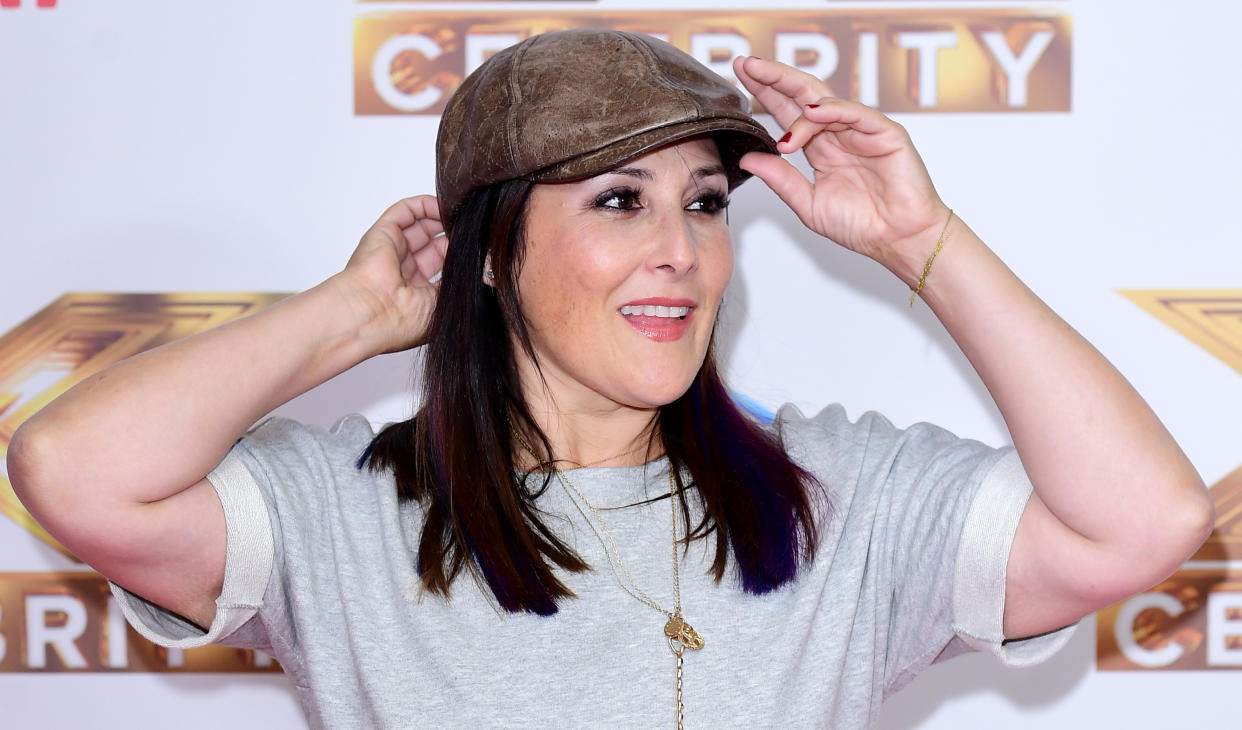Ricki Lake unveils buzzcut after hair loss struggle left her feeling 'suicidal'

Actor and talk show host Ricki Lake has revealed a lifelong hair loss battle, which has at times left her feeling “suicidal”.
The American actor, 51, who played the lead role in the original 1988 ‘Hairspray’ film, opened up about her “secret” struggle in a long Facebook post.
Sharing an image of herself with a shaved head, she captioned it: "Liberated and Free, Me.”
Later down in the post, she revealed her almost 30-year-long on-off struggle, which she says has been “debilitating, embarrassing, painful, scary, depressing, lonely” and has even left her feeling “suicidal” at times.
READ MORE: Has a cure for baldness been discovered?
Seeking to explain her hair loss, Lake speculated it was “due to many factors, yo-yo dieting, hormonal birth control, radical weight fluctuations over the years, my pregnancies, genetics, stress, and hair dyes and extensions.”
She believes it started after her 1988 ‘Hairspray’ role, after the crew “triple-processed and teased my then healthy virgin hair every 2 weeks” [sic] during production.
“Despite trying a number of treatments, including steroid injections and supplements, her hair would continue to “recover and then shed again”.
READ MORE: How to slow hair loss
However, she says shaving her head signifies her finally “releasing and letting go”.
Her Facebook post has inspired a number of others to share their own experiences with alopecia, including photographs of their own shaved or cropped hairstyles.
“Hair just hides our beauty!,” wrote one person, while another added: “Best choice I ever made....”
Hair loss
Hair thinning and baldness can occur for a number of reasons.
Female hair loss often occurs as a result of hormonal changes (for instance during pregnancy, peri-menopause and menopause) and as a side effect of ageing.
A number of high-profile women have spoken of their own hair loss in the past including ‘Loose Women’ panellist Nadia Sawahla and ‘Made in Chelsea’ star Olivia Bentley.
Jackie Tomlinson, Alopecia UK spokesperson and a dermatology specialist nurse at Addenbrooke's Hospital in Cambridge, told the NHS: “For women, there's a social stigma attached to going bald.
“Hair loss can affect your sensuality and how you perceive yourself. There are usually emotional trials and tribulations when it happens.”
READ MORE: You’re more likely to suffer hair loss during these two seasons
It is estimated 70% of women over the age of 70 experience female pattern baldness, the most common type of female hair loss. It’s believed to have a genetic basis, according to the NHS.
The website offers a number of treatments – including a hair treatment lotion containing minoxidil - together with coping strategies, such as support groups.
If you are experiencing suicidal thoughts, or are worried about someone else, contact the Samaritans helpline on 116 123 or access their website at Samaritans.org.



